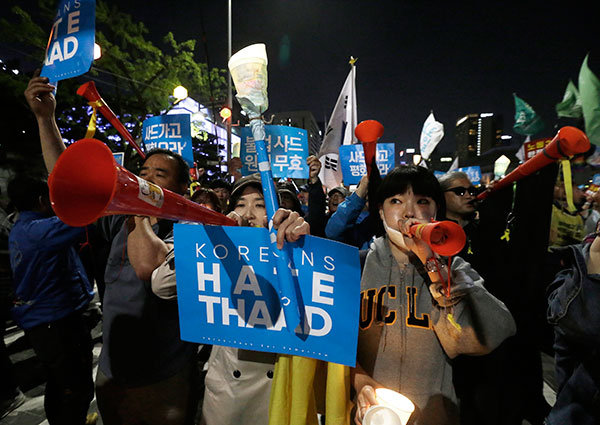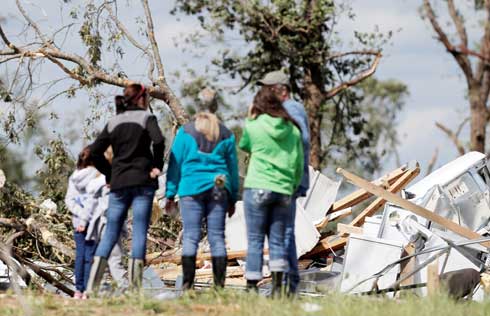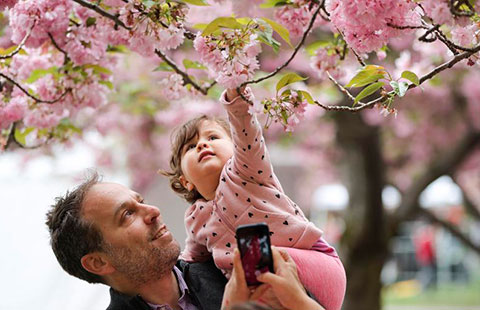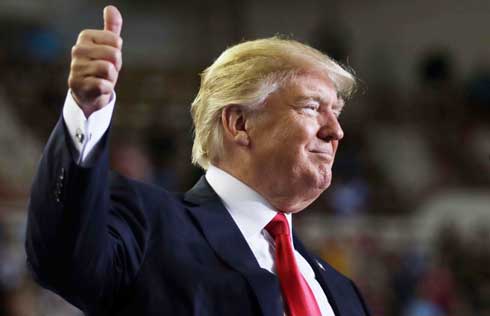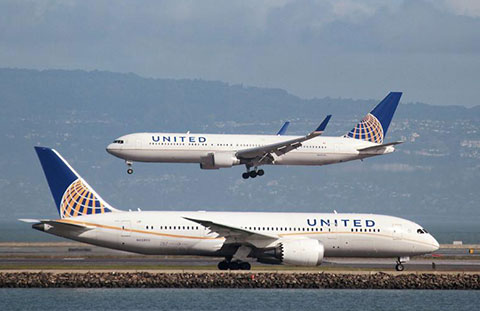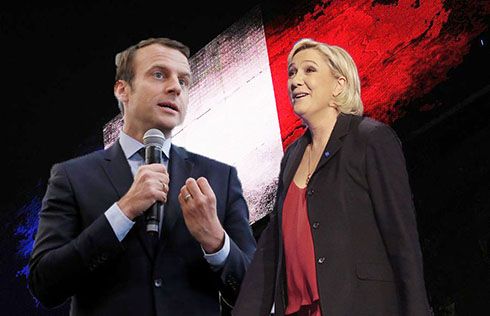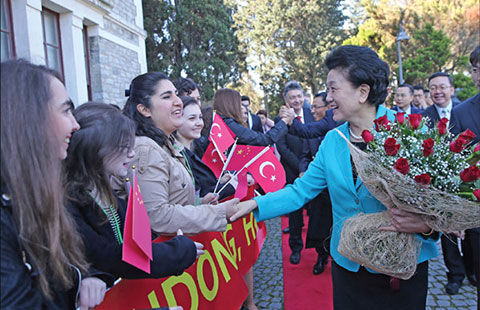THAAD protests continue in ROK
|
South Koreans protest against the deployment of the THAAD system near US Embassy in Seoul on Saturday. Ahn Youngjoon / Associated Press |
President Donald Trump said South Korea should pay the $1 billion cost
SEOUL - Protests against the deployment of the US THAAD missile defense system continued in South Korea on Monday amid a controversy over which side would shoulder its $1 billion cost.
About 150 residents and peace activists blocked the entrance of police buses to a golf course in Seongju in the southeastern part of the country, where major elements of the Terminal High Altitude Area Defense system have already been installed.
The protesters blocked police buses in a bid to stop US troops from bringing in more equipment to the site.
Two oil tankers, driven by US soldiers, attempted on Sunday to enter the golf course, but were blocked by the protesters. During the tussle with police, two people were wounded and were taken to a nearby hospital.
Sim Sang-jung of the progressive Justice Party, one of the five major presidential candidates, visited the Soseong-ri village in Seongju on Sunday to talk with the residents. During the meeting, Sim, who has called for the reversal of the THAAD deployment, said the other candidates should also come to the site and watch what was taking place in Seongju, which she described as "war-like situations".
In Seoul, three Won Buddhist monks launched an indefinite hunger strike at Gwanghwamun Square, vowing to fast until THAAD is completely pulled of out South Korea.
Major THAAD elements, including two launchers and a radar, were installed last week following a violent tussle between police and protesters.
Meanwhile, a controversy has erupted over who would pay for the missile defense system after US President Donald Trump said last week South Korea should bear the $1 billion cost.
The comment sparked fresh protests against the THAAD deployment because the shield would be operated by the US Forces Korea, not by South Korea's military.
Herbert McMaster, US national security adviser, said in an interview with Fox News on Sunday that his country would adhere to the deal with South Korea on THAAD "until any renegotiation," indicating a renegotiation on which side would pay the cost.
The South Korean Defense Ministry said on Monday that paying the THAAD cost could not become a subject to renegotiations, reiterating that the costs issue was already agreed upon.
Under the Status of Forces Agreement, the ministry claimed, the US side bears the burden of the THAAD operation and maintenance, while the South Korean side provides land and infrastructure for the deployment.
Debates were rekindled among major South Korean presidential candidates over the THAAD installation, following Trump's remarks on the payment.
Moon Jae-in of the biggest Minjoo Party, a months-long frontrunner in recent presidential polls, reiterated his position: "The final decision on THAAD must be made by the next government."
The country's presidential election is scheduled for May 9 as former President Park Geun-hye was impeached in March over corruption allegations.
Ahn Cheol-soo of the minor centrist People's Party, a runner-up to Moon, said the costs should be paid by the US side.
Xinhua




